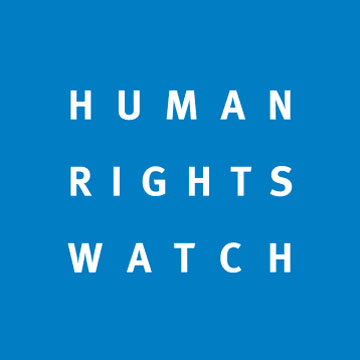Failure to prosecute perpetrators promoting fresh abuses, warn rights groups
KATHMANDU, NOVEMBER 20
Authorities in Nepal are preventing police and prosecutors from pursuing conflict-era cases of human rights violations, undermining the rule of law and efforts for security sector reforms, Human Rights Watch and Advocacy Forum said in a report released today.
During the 10-year armed conflict between government forces and the Communist Party of Nepal (Maoist) that ended in 2006, thousands of people were forcibly disappeared, tortured, raped, or killed. The 53-page report — No Law, No Justice, No State for Victims: The Culture of Impunity in Post-Conflict Nepal — tracks 62 cases of extrajudicial killings that Human Rights Watch and Advocacy Forum first documented in 2008. The groups found that over a decade later there has been little progress towards prosecutions, despite court orders requiring investigations to proceed, with the police and prosecutors saying that the government has told them these cases will be handled by transitional justice mechanisms.
“The Government of Nepal has maintained a robust commitment to impunity, protecting alleged abusers at the expense of victims’ rights and undermining the rule of law,” said Meenakshi Ganguly, South Asia director at Human Rights Watch.
“Rather than providing truth and reconciliation, the weak transitional justice structures have been used to create delays and make excuses to avoid criminal investigations or essential reforms.”
Foreign donor governments and the United Nations should press the Government of Nepal to stop impeding justice, and to amend transitional justice legislation to comply with Supreme Court rulings and obligations under international human rights law, the groups said.
Since the end of the conflict between security forces and Maoist rebels in 2006, successive governments have provided impunity to alleged abusers, warned the report. The government established the Truth and Reconciliation Commission and the Commission of Investigation on Enforced Disappeared Persons in 2015.
The two commissions, which were ostensibly established to expedite the legal system to deliver justice, have received over 60,000 complaints but have not completed any investigations.
Even if the commissions were functional, establishing them does not remove the government’s obligation to prosecute international crimes such as torture, Human Rights Watch and Advocacy Forum said.
In 2015, the Supreme Court struck down parts of the 2014 Transitional Justice Act which governs the commissions for failing to meet international and Nepali legal standards. The court ordered the government to amend the law, in particular to remove provisions providing amnesty for grave violations.
The court denied an appeal by the government on 27 April 2020, to reverse its previous ruling. Despite pledges and consultations, the government has not amended the law.
When the conflict ended, the Comprehensive Peace Agreement of 2006 promised a transitional justice process to “investigate [the] truth about people seriously violating human rights and people involved in crimes against humanity.” Victims’ families have repeatedly sought justice through the courts or the police.
In some of these cases, the courts ordered the police to investigate, but there have been very few investigations and even fewer prosecutions.
“The routine defiance of court orders by police and prosecutors in these cases is not only weakening the judiciary, but also the rule of law,” said Om Prakash Sen Thakuri, director of Advocacy Forum.
“Victims feel insecure and vulnerable, as the state continues to protect alleged perpetrators while victims are shunned and pressured.”
In October, the National Human Rights Commission published the names of 286 people, including 98 police officers, 85 soldiers, and 65 former Maoist insurgents, whom the commission had recommended for prosecution over the past 20 years. While the government has sometimes made payments to victims based on NHRC recommendations, very few of the alleged abusers have been prosecuted.
Nepal’s international donors, including the United Kingdom and United States, which support programmes to strengthen policing and rule of law in Nepal, should press for concrete action to end impunity for abuses committed during the conflict period as well as ongoing abuses.
In the absence of prosecutions in Nepal, prosecutors in other countries should investigate universal jurisdiction cases against Nepali suspects in international crimes.






